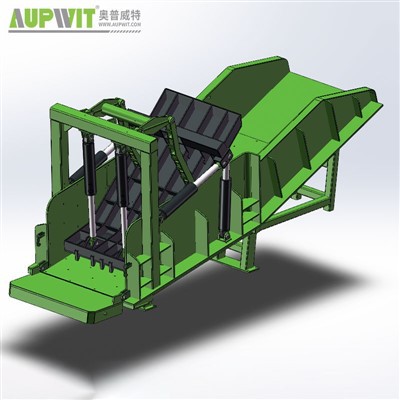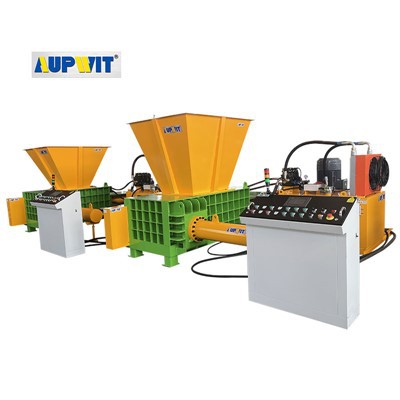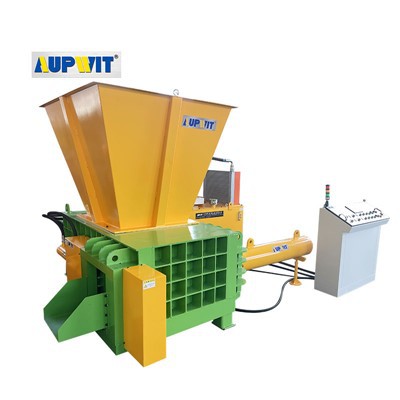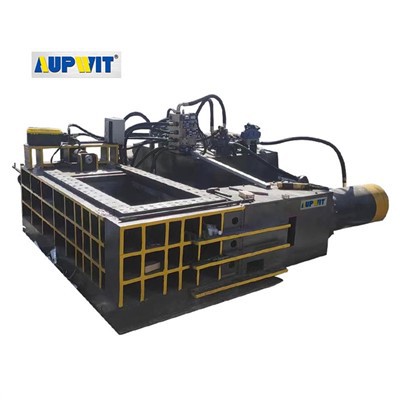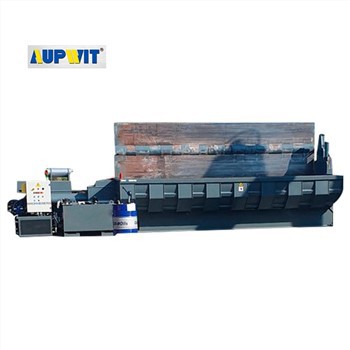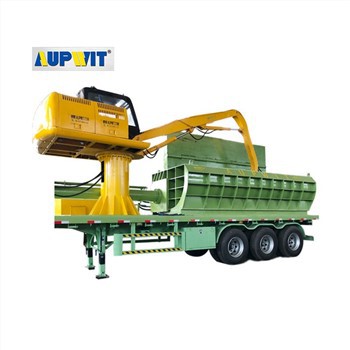- Troubleshooting insufficient pressing force on a metal chip briquette press machine requires a systematic approach to identify underlying issues and implement targeted solutions. This problem often arises from hydraulic system inefficiencies, mechanical wear, improper parameter settings, or material-related factors, each demanding specific diagnostic steps.
- Hydraulic System Evaluation is the primary focus. Start by inspecting the hydraulic oil level and quality—low oil volume or contamination can reduce pressure generation. Examine hoses and connections for leaks, as even minor seepage can cause significant pressure loss. The hydraulic pump is another critical component: worn-out pump gears or damaged seals may fail to generate adequate pressure, requiring professional inspection or replacement. Check the pressure relief valve to ensure it is not stuck in the open position, which would bypass pressure and prevent full force application.
- Mechanical Component Inspection follows. Examine the pressing cylinder for signs of wear, such as scratches or corrosion that might impair its sealing ability. Misaligned or loose components in the pressing mechanism—like guide rails, screws, or linkages—can disrupt force transmission, leading to uneven pressure distribution. The die and punch, essential for material compression, may have accumulated debris or suffered deformation; clean them thoroughly and assess for damage that requires resurfacing or replacement.
- Operational Parameter Adjustment is crucial. Verify that the pressure settings in the control system match the machine’s specifications and material requirements. Inadequate pressure settings are a common oversight, easily corrected by resetting the system to recommended levels. Check the pressing speed: excessively high speeds can reduce dwell time, preventing full compression, while too low speeds may not generate enough force. Balance the cycle time to ensure the machine has sufficient duration to apply maximum pressure.
- Material and Feeding Considerations should not be overlooked. Overly wet or oily metal chips can slide within the chamber, reducing frictional resistance and pressing efficiency. Ensure chips are dry and free of contaminants. Improper material feeding, such as inconsistent loading or blockages in the hopper, can lead to uneven compaction and apparent force loss. Regularly clear obstructions and maintain uniform feeding to optimize material density.
- By methodically addressing these areas—hydraulic integrity, mechanical condition, parameter calibration, and material preparation—operators can effectively diagnose and resolve insufficient pressing force issues, restoring the machine’s performance and ensuring consistent briquette quality.
How to troubleshoot insufficient pressing force on a Metal Chip Briquette Press machine
2025-08-26
Leave a message


